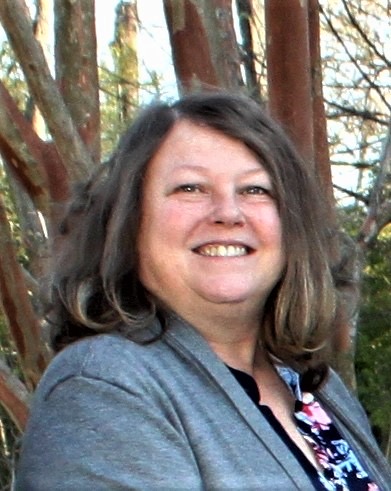
Prince George's County
9500 Medical Center Drive
Suite #250
Largo, MD 20774
Anne Arundel County
90 Ritchie Highway
Suites A & B
Pasadena, MD 21122
Charles County
2505 Davis Road
Waldorf, MD 20603
Burnett Center for Hope & Healing
P.O. Box 838
4559 Sixes Road
Prince Frederick, MD 20678

More Hospice & Palliative Care Articles
3 Special Things About Hospice Nurses

As with any medical profession, there are many different types of nurses – surgical, medical office, emergency department, pediatric– the list goes on and on. Saying that hospice nurses are different might sound cliché. But hospice nurses are different and provide a unique type of care. Here are four ways that set us apart from other nurses.
- Hospice nurses honor the sanctity of end of life.
This is the definition of a hospice nurse. People living with acute illness often come to the realization that trying to fix the unfixable may result in exhausting, painful attempts to recover. The patients and families we care for have made the decision to no longer seek curative treatment for their illness and that means a shift in the type of care they need. Hospice nurses help with that shift by focusing on comfort, peace and quality of life. We do that by listening to the patients’ wants and needs. We work directly with the patients to determine their goals of care and to help them share those goals with their loved ones and those providing their care.
2. Hospice nurses educate patients and families to support them as they make their goals of care clear.
The knowledge and experience a person has about death comes from having someone in their life who has died. How can one make important decisions about their end of life without understanding what that looks like? Hospice nurses have joined hundreds of families on the journey and they use that experience to help patients and families consider what their end of life should look like. There’s still a lot of fear of hospice because there’s a misunderstanding of what we do. Hospice professionals have conversations about end-of-life care throughout the community. Advance directives are now more frequently part of a primary care physician’s discussion about goals and medical history.
3. Hospice nurses have the hospice heart.
We are often asked if our job is sad. Most hospice nurses say that helping families connect to bring the best possible final days to someone they love is a very touching experience. When you have played a role in helping someone say a final goodbye in their own home surrounded by loved ones and as comfortable as possible, how can that be sad? That is what we call having the hospice heart.
Other Articles You May Find of Interest...
- How Hospice Social Workers Make Everyday Moments That Matter
- Volunteers Are Vital Members Of The Hospice Clinical Team
- Courageous Conversations Are a Gift to Those You Love
- Improving Access For Blacks To Hospice and Supportive Care
- What Our Chief Medical Officer Wants You To Know About Hospice
- Spiritual Care: What To Expect When The Hospice Chaplain Visits
- How Love Led The Modern Hospice Movement

















